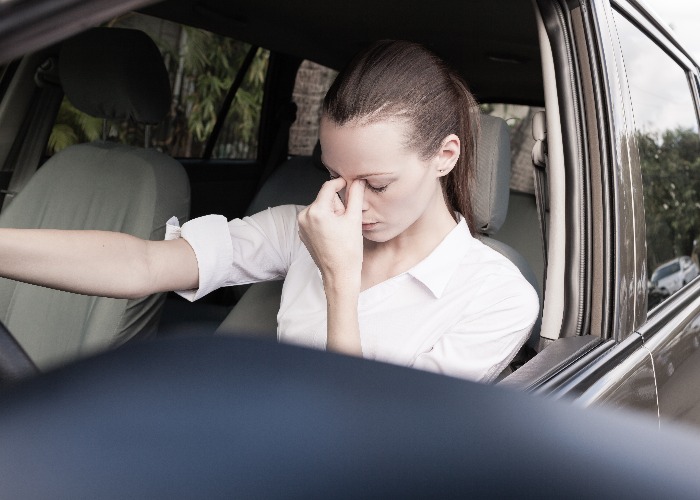Motoring fines: tough new rules over mobile phone use while driving

The wording in the Highway Code is being updated to better reflect the fact we do a lot more with our phones than just make calls.
The rules over using a mobile phone while driving are being toughened up.
The law already makes it illegal for drivers to make texts or calls, except in emergencies, while driving.
However, there are fears that the wording of that law is somewhat out of date given the various additional things that mobile phones can do today, like streaming music on the move.
As a result, the law is being tightened up from next year to ensure that virtually all phone use is covered, and can therefore be punished by the police, whether that’s sending a text or searching through a playlist on Spotify.
Don't let your car cover auto-renew! Find your next policy with Confused.com
The danger of distracted driving
Driving while distracted, for example because of trying to multitask while using your mobile phone, is a real problem.
According to official statistics, drivers being distracted by something within the vehicle for more than 2,500 accidents in 2019.
When it comes to impairments of drivers contributing to an accident, that’s behind only drivers who have been impaired by alcohol.
What’s more, as our phones become more advanced and integral to our daily lives, it stands to reason that the number of motorists at risk of being distracted by them while on the move will increase too.
The punishment for using your phone
If you are caught using your phone while driving, then the penalty is pretty severe.
You will be fined £200 and have six points put on your licence.
These points stay on your licence for four years and have to be highlighted to car insurers when taking out a policy, meaning that the cost of cover will be higher.
After all, having those points on your licence will suggest to the insurer that you are a riskier prospect than a driver with a spotless record.
What’s more, if you have 12 points or more on your licence, then you will be banned from driving for at least six months.
The new regime was introduced following a public consultation which found that 81% of Brits supported proposals to make the law tougher and to make it easier to prosecute those caught on their phones.
As a result, the Highway Code will now be updated, including being more precise about the fact that being stationary in traffic still counts as driving.
As a result, this will make clear that mobile phone use at traffic lights or while in a traffic jam is still against the law.
Search for your next insurance policy with Confused.com
The exceptions
It’s worth highlighting that there will still be certain times when using your phone while driving is still allowed.
For example, a driver will be able to make a contactless payment using their phone while the car is stationary.
This might apply if you’re heading through a toll road and have to pay, or perhaps if you’re in a drive-through at a takeaway restaurant.
The Department for Transport has emphasised that this only applies when a payment is being made through a card reader ‒ it doesn’t allow you to make general online payments while driving.
And then there are those drivers who use their phone as a sat nav device. While this is permitted, it has to be secured in a ‘cradle’ ‒ you can’t just have the phone sitting loose by the gear stick.
What’s more, the Government emphasised that drivers using their phones in this way can still be charged with an offence if the police find they are not in proper control of their vehicle.
Don't let your car cover auto-renew! Find your next policy with Confused.com
Who uses a phone while driving?
The pollsters at Ipsos Mori have been conducting research into who is most likely to use their phone while driving, as well as why they might feel the urge to do so.
Interestingly, around one in 10 (12%) said they needed to be able to respond to calls and texts quickly even while driving, while a similar proportion (14%) argued that using their phone doesn’t actually distract them from driving.
Perhaps unsurprisingly, these figures jumped when looking just at younger drivers, both for those in the 16-24 age group but also the 25-34 age group.
Almost one in four drivers of all ages admitted to having made a call with the phone in their hand in the previous 12 months, making it the most common non-compliant use.
A similar proportion confessed to sending text messages or searching for music while the car was in motion.
Comments
Be the first to comment
Do you want to comment on this article? You need to be signed in for this feature